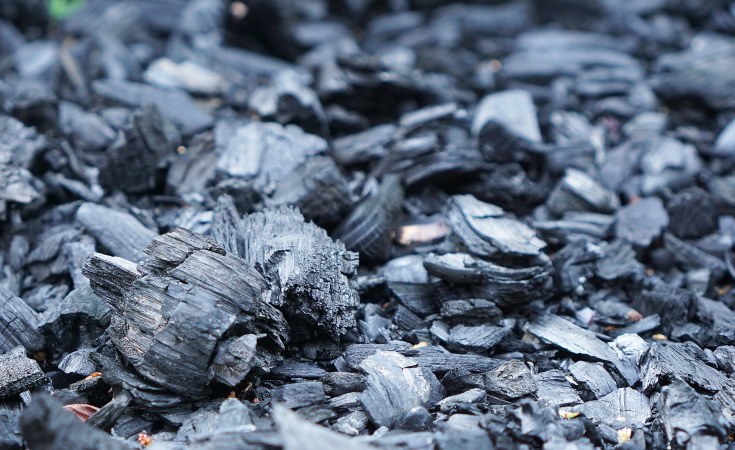On May 24, President Yoweri Museveni issued Executive Order Three of 2023, banning all charcoal burning and trade in Northern and Northeast Uganda.
Museveni said that corruption within security officers in Northern Uganda is not only shameful and discrediting to the Uganda People's Defence Forces (UPDF) and other government security agencies but also poses a threat to the environment.
"One form of corruption is in the phenomenon of the charcoal business. The people in charge of environment and forestry allow this destructive business to continue massively. Apparently, armed people escort this charcoal," Museveni revealed.
So widespread is the bankruptcy among charcoal burners and traders that they have resorted to cutting down the famous shea-butter trees, he said. These trees are believed to have the potential to enhance nutrition and augment food supplies during the annual hungry season in northern Uganda.
Charcoal burning has a significant role in ranching. Through symbiotic arrangements, farmers in Western Uganda engage charcoal burners to clear thickets and unwanted trees, such as acacia, converting them into charcoal. In these western regions, Museveni has directed that the minister of Environment, with the recommendation of the resident district commissioner, will authorize such charcoal burning in symbiotic arrangements.
Museveni's decision was hailed by environmental activists, but he failed to provide a viable alternative for impoverished families in Kampala who cannot afford cooking gas and electricity. According to the National Forestry Authority (NFA), forests and woodlands cover a total of 4.9 million hectares, approximately 24% of Uganda's total land area.
As reported by Global Forest Watch, Uganda lost 297 sq km of forest in 2001, a figure that doubled to 736 sq km by 2020. Over the years, continuous depletion of trees for charcoal, firewood, agriculture, timber, and other uses has occurred. This loss of vegetation cover has largely been attributed to charcoal, a primary energy source for many urban dwellers.
CHARCOAL DEALERS SPEAK OUT
When The Observer visited various locations and individuals dealing in charcoal in places like Sentema- Mengo, Kiwatule, Ntinda and Makerere, it was discovered that charcoal prices have skyrocketed. The ban has created a crisis, leading to the closure of several charcoal-selling points.
Many have turned to alternatives like briquettes and stones to cope with the situation. Tony Musisi, a charcoal businessman in Sentema-Mengo, noted that since the ban, charcoal prices have leaped from Shs 55,000 to Shs 80,000 per bag. With the approaching Christmas season, he expects the situation to worsen, predicting that prices may even double.
"We are not supporting environmental degradation, but the government offered us no alternative to charcoal. More than 95 percent of the population in Kampala and other urban areas depend on charcoal, and other options are not affordable," he lamented.
Poline Namande, a businesswoman in Ntinda, urged the president and his government to subsidize electricity and cooking gas prices to discourage deforestation and charcoal burning. She argued that the government is treating symptoms instead of underlying problems, and people will continue to smuggle charcoal until the high costs of gas and electricity are addressed.
This paper also found that the charcoal business continues, facilitated by a few high-ranking government individuals. Prices have risen, and the product is transported discreetly.
NATIONAL FORESTRY AUTHORITY'S STANCE
Tom Okello, the executive director of the NFA, stated that their efforts are in line with the president's directive, working with local governments and stakeholders to prevent widespread charcoal burning.
Okello explained that the directive does not outright ban charcoal burning, acknowledging that some people clear land for cultivation or grazing. However, he emphasized that such activity must be regulated and properly managed. The initiative has led to reduced charcoal transport and increased prices due to scarcity.
"Lorries transporting charcoal have greatly decreased, and there is a scarcity of charcoal in the market. We are now assessing the impact on the forest cover that has been cut. By the end of this year, we aim to produce statistics on the losses in the charcoal burning areas," Okello added.
Attempts to obtain a comment from Solomon Muyita, the spokesperson for the ministry of Energy and Mineral Development, were unsuccessful, as he neither answered nor returned re- peated calls.
Related Stories
2023-08-09 - Uganda Baati launches Safal Eye in the Wild photo competition 2023
2023-08-11 - Absa bank in drive with 80,000 students to plant 160,000 trees


